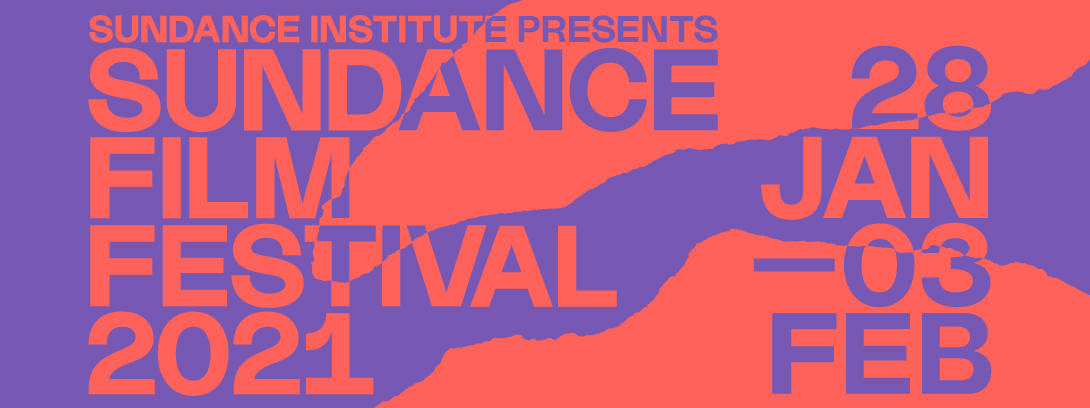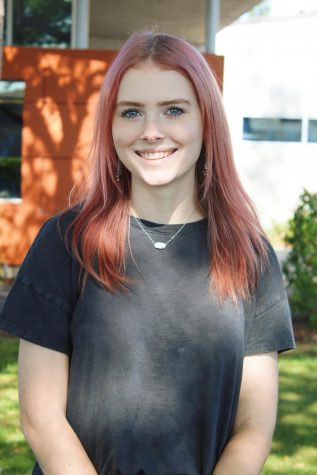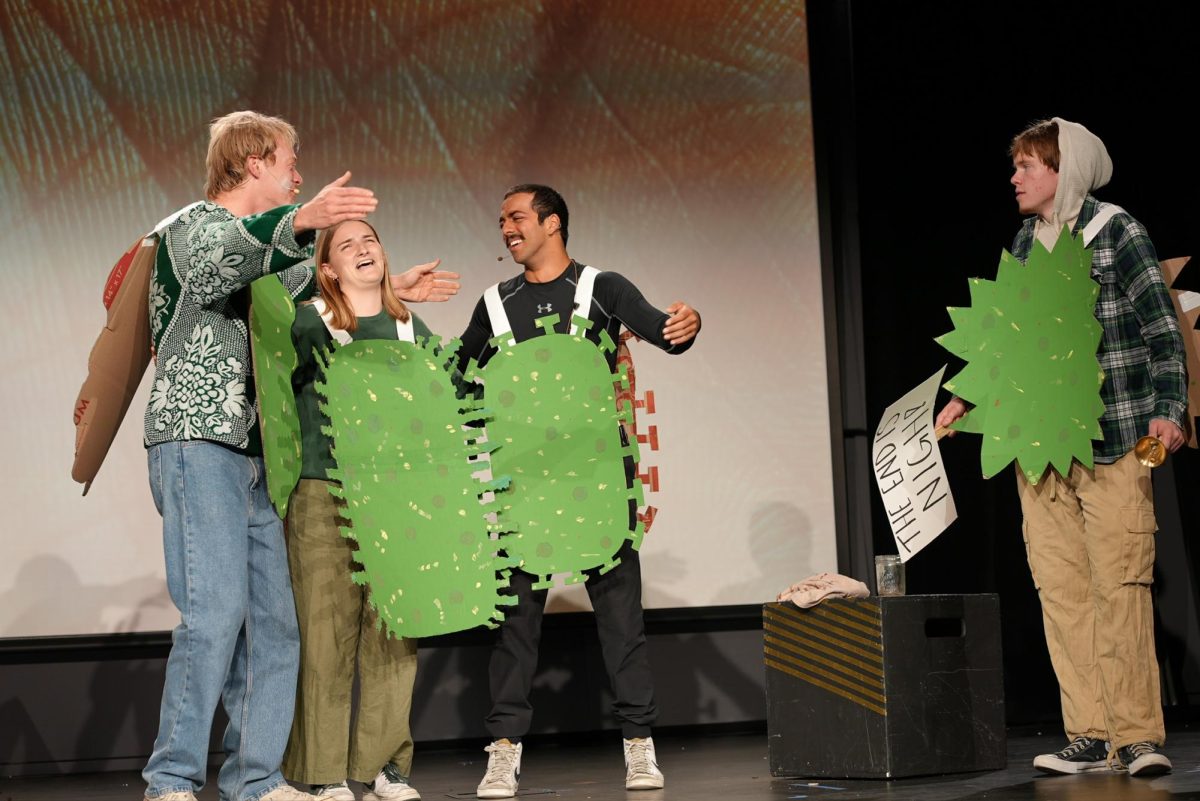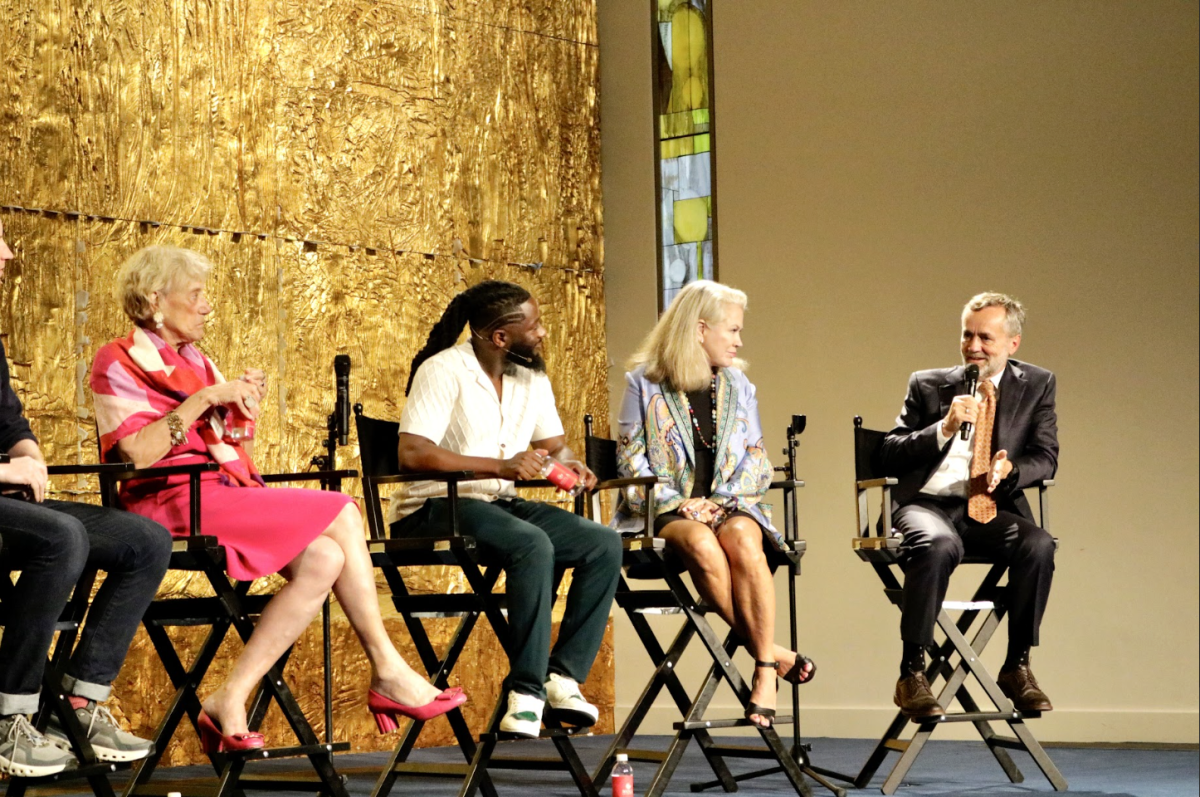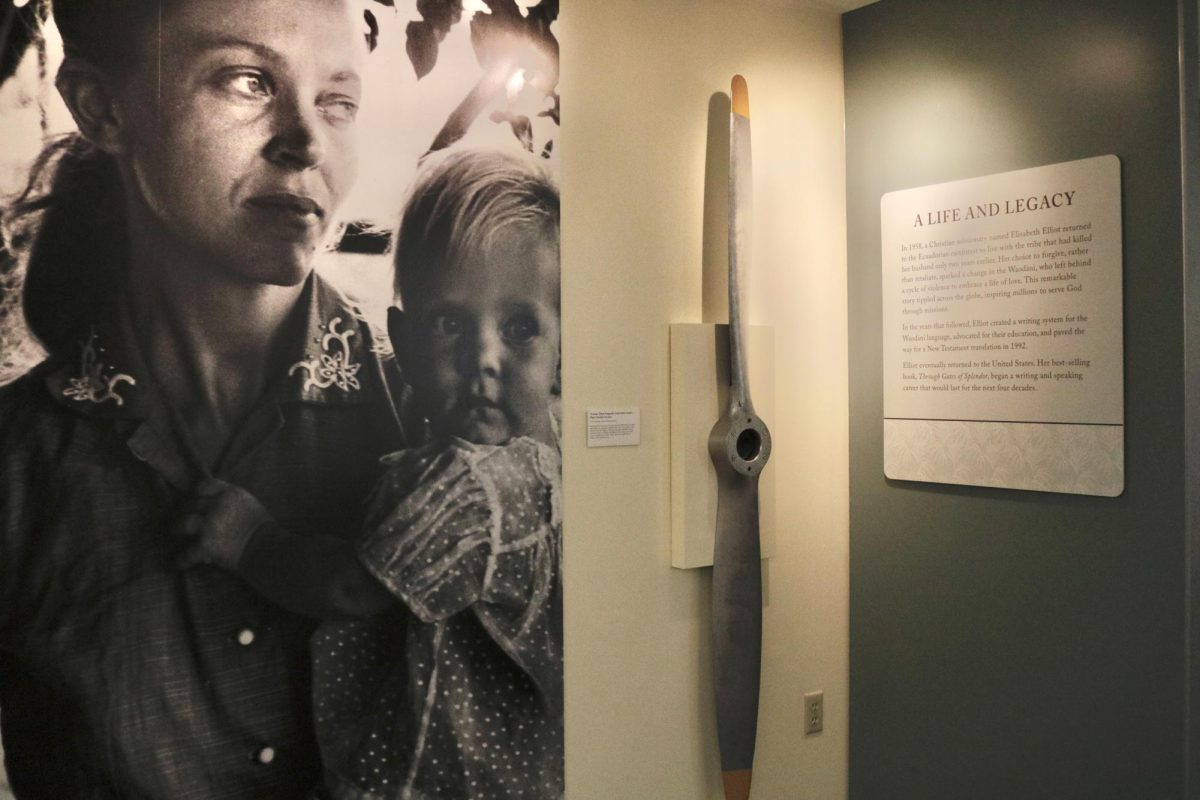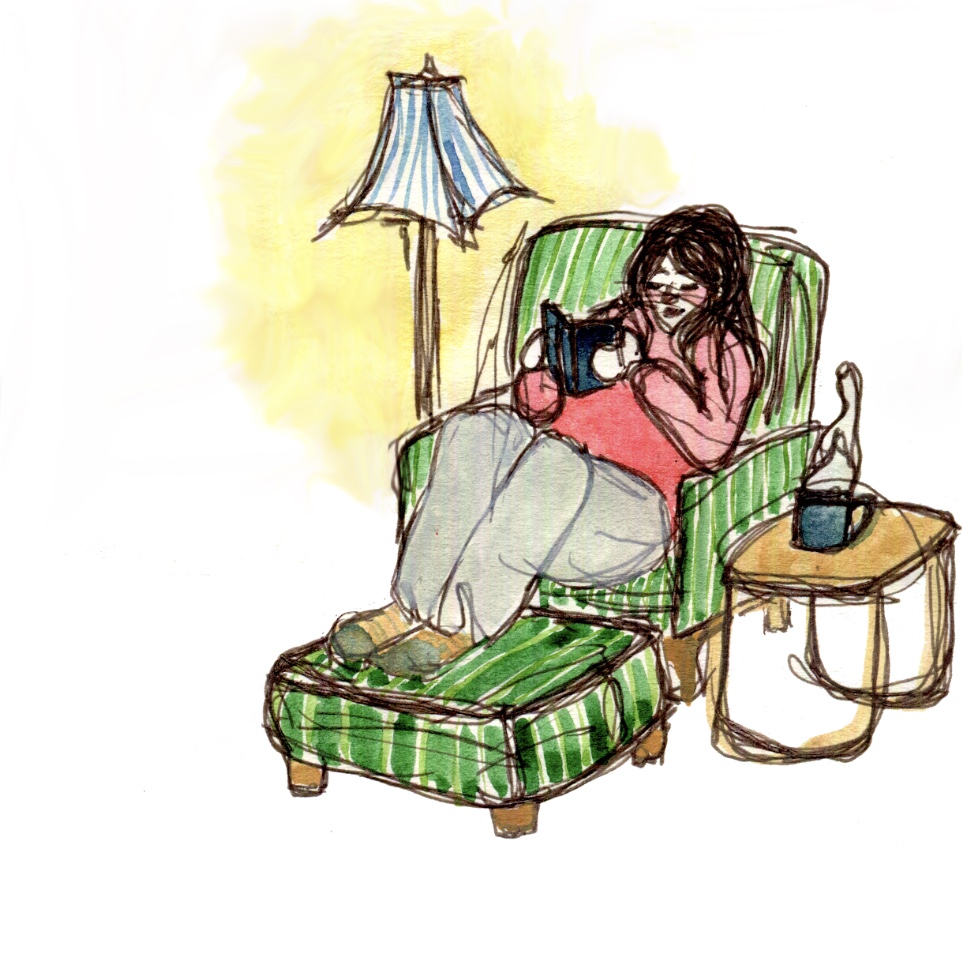Taking place fully online for the very first time, this year’s Sundance Film Festival was a unique and attainable experience. Though holding the festival in person is convenient for attendees to make connections and gives satisfaction to filmmakers, there were some benefits that come from the festival’s online format. Fans of film from all over the world who normally would not be able to attend the festival were able to purchase tickets and view films online, including many Biola students.
MAKING THE MOST
Running from Jan. 28 through Feb. 3, the festival was a six-day-long experience full of seemingly endless film variety. This year’s Sundance had a lineup that included 73 unique feature films and 50 short films from 29 different countries.
Selected from a group of around 14,000 submissions, the festival’s films provided plenty of diversity in both stories and culture—something for everyone to enjoy. With around 122,000 attendees in 2019, this year’s online format would have allowed for a huge surge in attendance.
According to sophomore cinema and media arts major Brittany Cornett, the festival seized the opportunity to continue to make the experience as interactive and fulfilling for filmmakers as possible.
“I really liked how intimate the festival felt being online,” Cornett said. “Seeing the cast members, directors and producers call in from their homes made the festival feel much more casual, which I actually loved.”
Similarly to if the festival had been held in person, the audience set times to watch the premieres live. To mimic the networking aspect for those pursuing film as a career, the screenings included a live chat box so viewers would have the option to dialogue with other attendees. Then there was a live Q&A session at the end of each film.
“I’ve attended a few online film festivals since [COVID-19] hit and none of them felt very excited or optimistic about their online formats, but Sundance still captured an energy that felt really special,” said senior cinema and media arts major Andy Brewster. “Their programming balanced the allure of a live, exclusive event while allowing for choice and flexibility across time zones.”
WORLDLY IMPACT
Not only did the pandemic impact the way the festival operated this year, it affected the types of films that were shownas well. COVID-19 has drastically changed the movie industry in such a short amount of time, from the types of stories being told to the methods being used to tell them.
For example, “These Days” is a pilot episode that follows two young adults as they journey through the struggles of the early days of quarantine. The episode features references to things such as “Tiger King” and toilet paper hoarding, giving audiences a taste of something that feels nostalgic, yet occurred not even a year ago.
Another example is audience favorite “Summer of Soul (…Or, When the Revolution Could Not Be Televised).” Winner of the U.S. Grand Jury Prize for documentary, the film showcases unseen footage from the Harlem Cultural Festival attended by 300,000 people, celebrating African American music and culture and promoting Black pride and unity. The film is a timely addition to the Sundance lineup following recent political events in the nation.
FIRST-HAND EXPERIENCE
Those pursuing a career in the film industry savored the opportunity to easily attend the Sundance Film Festival this year. Even though the festival was done in an online format, the intimacy of it continued to provide essential industry experience to those who sought it out.
“As filmmakers, we always talk year-round about Sundance like the holy grail of independent filmmaking, but actually getting to sit through 19 features and dozens of shorts taught me more than any other classes, opinion articles or podcasts about the types of voices Sundance programs,” Brewster said.



